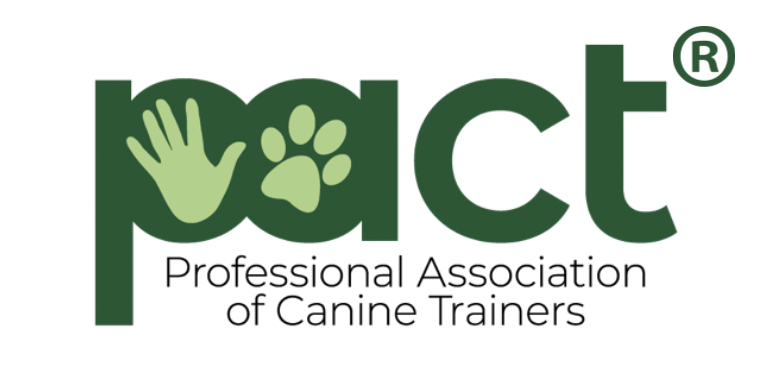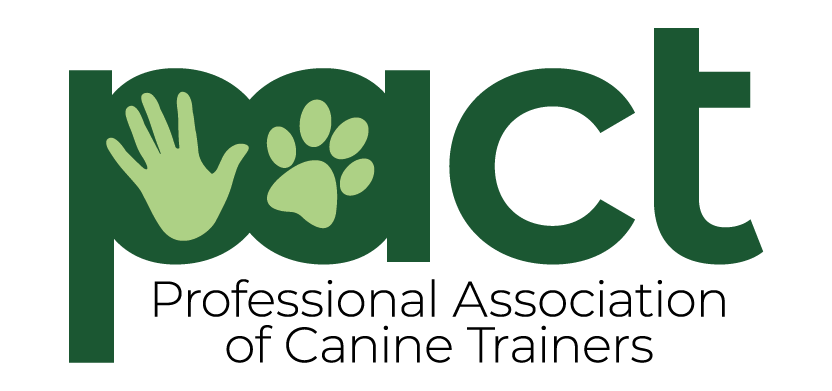FOOD FOR THOUGHTS
By Steve Goodall
Published on 30th April 2024
Dog licking their lips
Hey! Today I want to talk about food in dog training and dispel some of the myths surrounding it.
Before I begin I think it would be a good starting place to clarify what a reward is. A reward can be anything from a tasty treat, toy, access to an environment, verbal praise to fuss and cuddles (and much more). It all depends on what your dog enjoys. All of these should be considered if you are looking to train a dog but today I want to focus on food.
There is absolutely no question of its potency, when it comes to using food for all kinds of animal training. I've seen countless videos of exotic husbandry work where the handlers use food rewards with Tigers to shape voluntary blood draws etc. I'd love to see someone do this by getting a tiger to offer a vein just out of love or respect for the handler.
So why oh why is the use of food, in any way, controversial once you move to training dogs? It simply does my Swede in (which, incidentally, is another kind of food).
Dog with a carrot
If I had a penny for every time someone had said to me "I don't like the idea of using food as I just want my dog to do it out of love". Or the incredibly optimistic, and completely ego driven "they should do it out of respect", well let's just say I wouldn't be typing this right now from inside a Fiat Doblo.
Just to clarify I bloomin’ LOVE my Fiat Doblo (we call it the DOGLO).
The vast majority of behaviours us human animals, as well as our dogs, do are to either gain something or, on the flipside, to avoid something. That's it in a whopping nutshell.
If someone wants me to do something AND they will pay me handsomely for that task then it's likely I will perform that task to the best of my ability as well as coming back again and again. If, on the other hand, something bad happens to me or I see no benefit to myself, I might avoid that scenario like the plague and likely never contemplate returning to that task.
So let's strap in and explore a few reasons as to why people are sceptical about the use of food when it comes to dog training…
Dog woofing delish!
1. I don’t want to give my dog human food.
The term "human food" is subjective right? What does it mean? Some foods that only us human animals consume are totally off limits for dogs (raisins, chocolate etc). Yet most "human food" is made up from meats, vegetables, fruits and grains and nearly all living creatures eat some or all of those types of foods. On top of that, most dog food contains those ingredients (in some form or another). Of course (as ever) you have to be sensible with the type and amount you use as foods that are too rich or fatty for dogs to digest can cause vomiting, diarrhoea and even more severe conditions over time like pancreatitis.
When it comes to training "human food" can be incredibly valuable. Super High-Reward foods such as boiled chicken, liver, cheese and hot dog (in tiny pieces) can be a big help. I always recommend to my clients some type of "human food" especially for recall training and working with distractions. We need to give our dogs a big incentive for certain behaviours, especially when there are HUGE distractions like other dogs, squirrels and birds around.
2. I don't want to make my dog fat.
Me neither! Us science led trainers LOVE science (who would of thought it). Here's the facts... If you put more calories into your dog then they burn they will gain weight. Be sensible is the answer to this quandary. If you've had a day of using a lot of food reinforcement you can cut down their meal portions or up the amount of exercise. If you are training at home you might want to be using some of their actual daily food allowance as rewards. People are also constantly surprised when I show them how small a "treat" can be. If every time your dog recalls you throw them an inch cube of cheddar then you will have a big problem. Avoid high fat content treats and mix it up buttercup.
3. If I use food will I have to use it for the rest of the dog’s life every time I ask then to do something?
This is a common misconception. Where you want to end up is using a magic combination of "life rewards" (being let off the lead for eye contact, access to freedom, appropriate play for performing a desired behaviour) and other reinforces like food and toys. You can also, once a behaviour is being performed consistently put it on an intermittent reinforcement schedule so you start to reinforce randomly. This works especially well with offered behaviours. Also, life’s too short and no one likes a stinge bag.
Dog making Cronch noises
4. My dog will not respect me if I use food.
I always find the use of the word “respect” when talking about our dogs to be incredibly problematic it normally means that we want by dogs to either be scared of us or do as they're told. This mindset really does not fit with our ethos of how it should be living with companion animals. If you're sat at home obsessively worrying about an animal respecting you it might be time to have a wee chat and give your head a wobble. Of course, I do believe that there can be a beautiful mutual respect between two species who have developed a bond over time, but I'm pretty sure that's not what people are referring to in this instance... just makes me feel icky. Bluuurgh!
5. It doesn't feel right to have to bribe my dog.
This ones is simple. Food used before a behaviour (to get that behaviour to occur) is a bribe. Food used after the behaviour (as a consequence for doing that behaviour) is a reinforcer and if that is something your dog likes then the likelihood of that behaviour being repeated sky rockets.
Dog saying Gimmie Gimmie!
6. My dog doesn't eat treats when out on walks
This is a huge topic and one I'd like to delve into deeply in a blog of it's own. And while other reinforcers are sometimes brilliant to use like choices etc I always want to know why the dog won't take food. Quite often a dog not taking food can be a good sign that the dog is in a heightened state of emotion. This could mean they are over excited, this could also mean they are nervous of even scared. Think about it, the last thing you need in a haunted house is a couple of cheeseburgers. What you really need is to be ready, at a drop of a hat, to leg it away from what is worrying you or perhaps even fight it off. This means high levels of noradrenaline and adrenaline will be pumping through your system causing the need/want for food to be way down the list of priorities. For me this is all about how they feel. I want my dogs, before anything else, to feel safe and confident. If, at any point, I suspect they are not comfortable it's my responsibility to remove them from that environment and work on building that confidence in less challenging environments/situations with an eye to working our way back towards those situations (if appropriate).
7. If I use food my dog will only do what's asked if I have food in my hand.
The answer to this classic is yes. If you are not using food rewards in the right way you will experience this. When training a dog using food you have to, as quickly as possible and as consistently as possible produce the food reward after the behaviour. If you've ever been to one of our classes you'll know how much we bang on about this. This doesn't only apply to food rewards, all reinforcement should come as a consequence of what your dog does. This is exactly how, if not careful, you have to resort to shaking a biscuit tin to get your dog in from the garden ;). Of course as a caveat there are times when you may be luring a behaviour to begin with or playing games that require the presence of food as a starting cue.
So there we go. Some food for thought and some of my thoughts on food. I hope you enjoyed reading this blog... Now go eat a sandwich ;)






